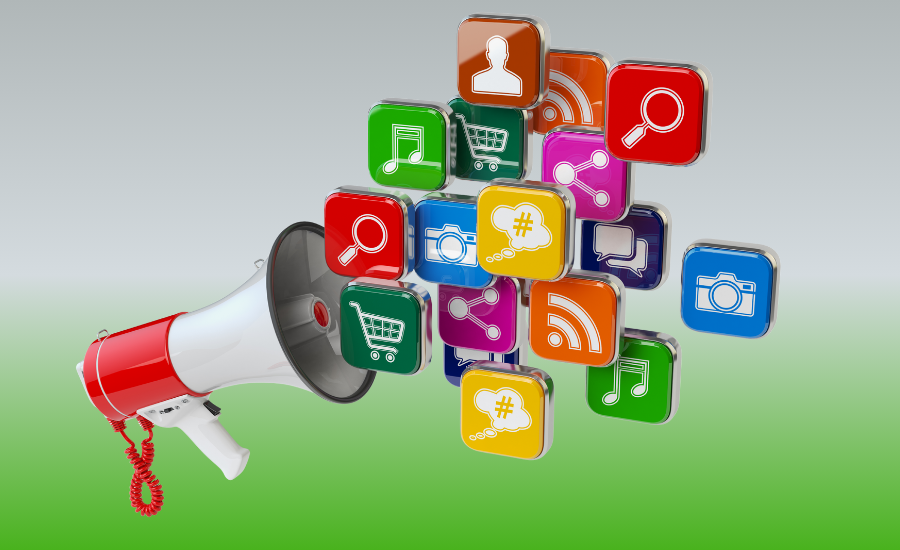In today’s fast-paced digital landscape, small businesses no longer have to rely solely on word-of-mouth, flyers, or costly traditional advertising to grow. With the right digital marketing strategies, even the smallest brand can compete with industry giants, reach targeted audiences, and convert leads into loyal customers.
Whether you’re a startup owner, a freelancer, or running a local shop, here are the most effective digital marketing strategies for small businesses in 2025 and beyond.
Build a Strong Website (Your Digital Storefront)
Your website is often the first impression potential customers get of your business. Make it count.
- Responsive Design: Ensure your site looks great on all devices, especially mobile.
- Fast Loading: Page speed affects both user experience and SEO.
- Clear CTAs: Guide visitors on what to do next—buy, book, subscribe, or contact.
- Local SEO Optimization: If you’re targeting a local audience, optimize for local keywords and claim your Google Business Profile.
Platforms like WordPress, Wix, and Shopify make it easier than ever to build professional, cost-effective sites with no coding knowledge.
Leverage Content Marketing
Content is not just king—it’s the foundation of digital marketing. High-quality content builds trust, answers questions, and keeps your audience engaged.
Effective types of content include:
- Blog posts that solve problems or answer FAQs
- How-to guides, tutorials, or checklists
- Videos explaining your products or behind-the-scenes looks
- Infographics for sharing on social media
- Email newsletters with helpful tips or offers
Consistency is key. A simple content calendar can help you plan weekly blog posts or monthly videos.
Master Social Media Marketing
Social media is a free and powerful way to build relationships, grow your brand, and engage directly with customers.
Top tips for small businesses:
- Focus on 2–3 platforms where your audience spends time (e.g., Instagram, LinkedIn, Facebook).
- Use Reels, Stories, and Lives to stay visible and personal.
- Post a mix of educational, entertaining, and promotional content.
- Respond to comments and messages promptly—it builds trust and community.
- Use tools like Canva, Buffer, or Later to design and schedule posts.
Paid ads on platforms like Instagram and Facebook also offer precise targeting at a low cost, perfect for local or niche businesses.
Optimize for SEO (Search Engine Optimization)
SEO helps your business show up in Google search results—without paying for ads.
For small businesses:
- Research and use relevant keywords on your website and blogs.
- Write compelling meta titles and descriptions.
- Ensure every page has alt-text for images and internal links.
- Regularly publish helpful blog content to keep your site active.
- List your business on directories like Google Business, Yelp, and Justdial.
With good SEO, you’ll attract organic traffic from people already searching for your products or services.
Run Cost-Effective Paid Campaigns (PPC)
Paid ads are a quick way to generate leads—especially if you’re just starting out and want immediate visibility.
Use platforms like:
- Google Ads (for high-intent searches)
- Meta Ads (Facebook & Instagram) for visual and retargeting campaigns
- YouTube Ads (great for local branding or tutorials)
Start small, A/B test your copy and visuals, and adjust your budget based on performance. Even ₹100–₹500/day campaigns can yield strong results with the right targeting.
Focus on Email Marketing
Email is one of the most cost-effective ways to stay connected with your audience and nurture leads.
Tips to get started:
- Offer a freebie (like a discount or checklist) in exchange for email signups.
- Send regular newsletters with updates, offers, or tips.
- Segment your list by interest or behavior for more personalized messaging.
- Use tools like Mailchimp, ConvertKit, or Moosend to automate and track performance.
With a small investment of time and creativity, email can drive both engagement and repeat sales.
Encourage Reviews and Referrals
Word-of-mouth has gone digital. Positive reviews build credibility, especially for small businesses.
Here’s how:
- Ask happy customers to leave reviews on Google, Facebook, or industry sites.
- Offer small incentives for referrals.
- Showcase testimonials on your website and social channels.
- Respond professionally to negative feedback to build transparency and trust.
Online reputation management is as important as any ad campaign.
Analyze and Adapt
All your marketing efforts should be measured and optimized. Use tools like:
- Google Analytics (to track website traffic)
- Google Search Console (for SEO performance)
- Meta Business Suite or LinkedIn Insights (for social metrics)
Review what’s working and double down. Stop or tweak what’s not bringing results. Digital marketing is not one-size-fits-all—test, learn, and grow.
Final Thoughts
You don’t need a huge budget to make digital marketing work for your small business. By focusing on the right platforms, producing authentic content, and staying consistent, you can build a strong online presence that attracts and retains customers.
Remember: Start small, stay consistent, and grow smarter.
If you’d like help building a digital strategy or content calendar for your business, I can guide you through it—just ask!


